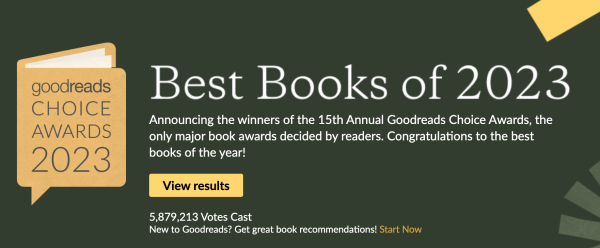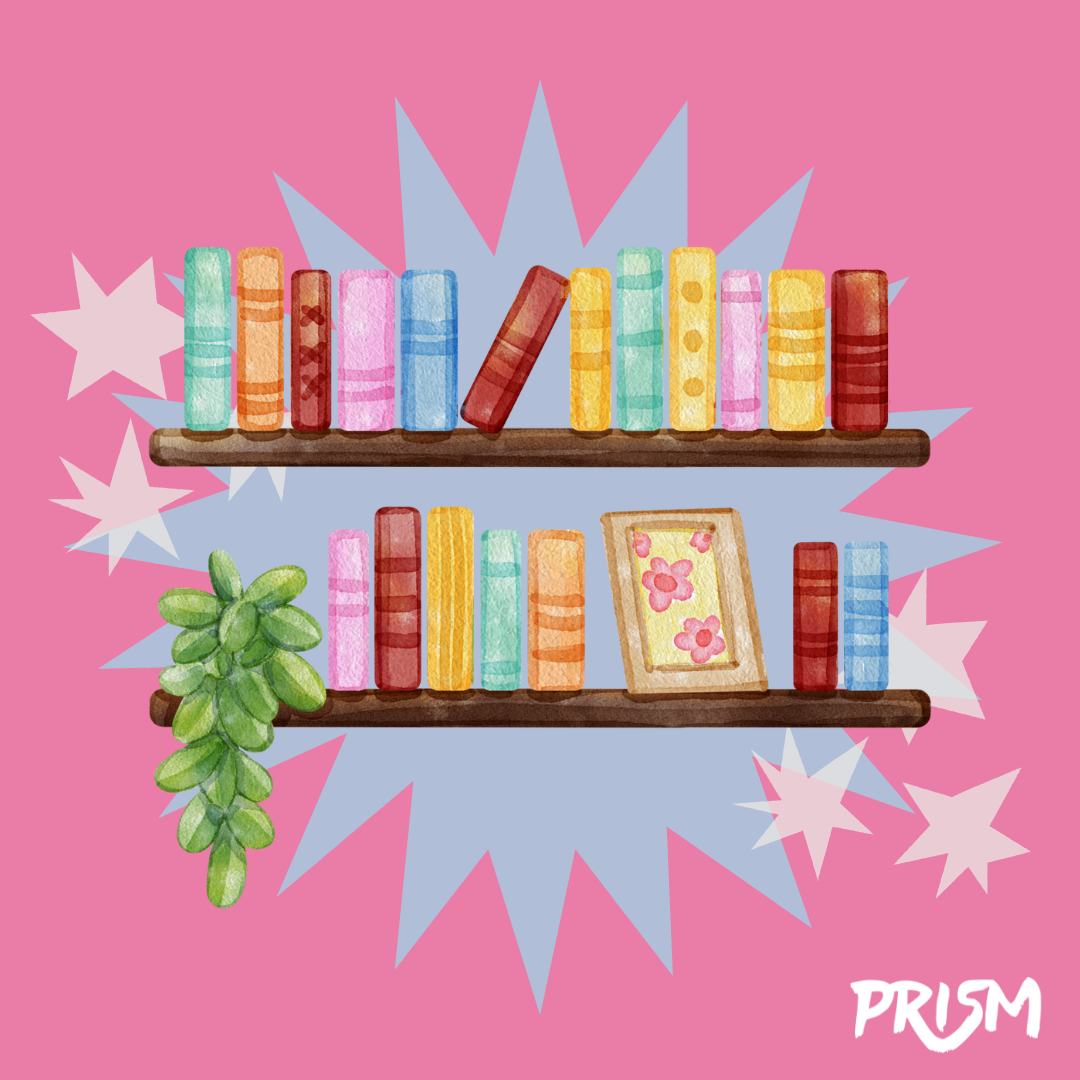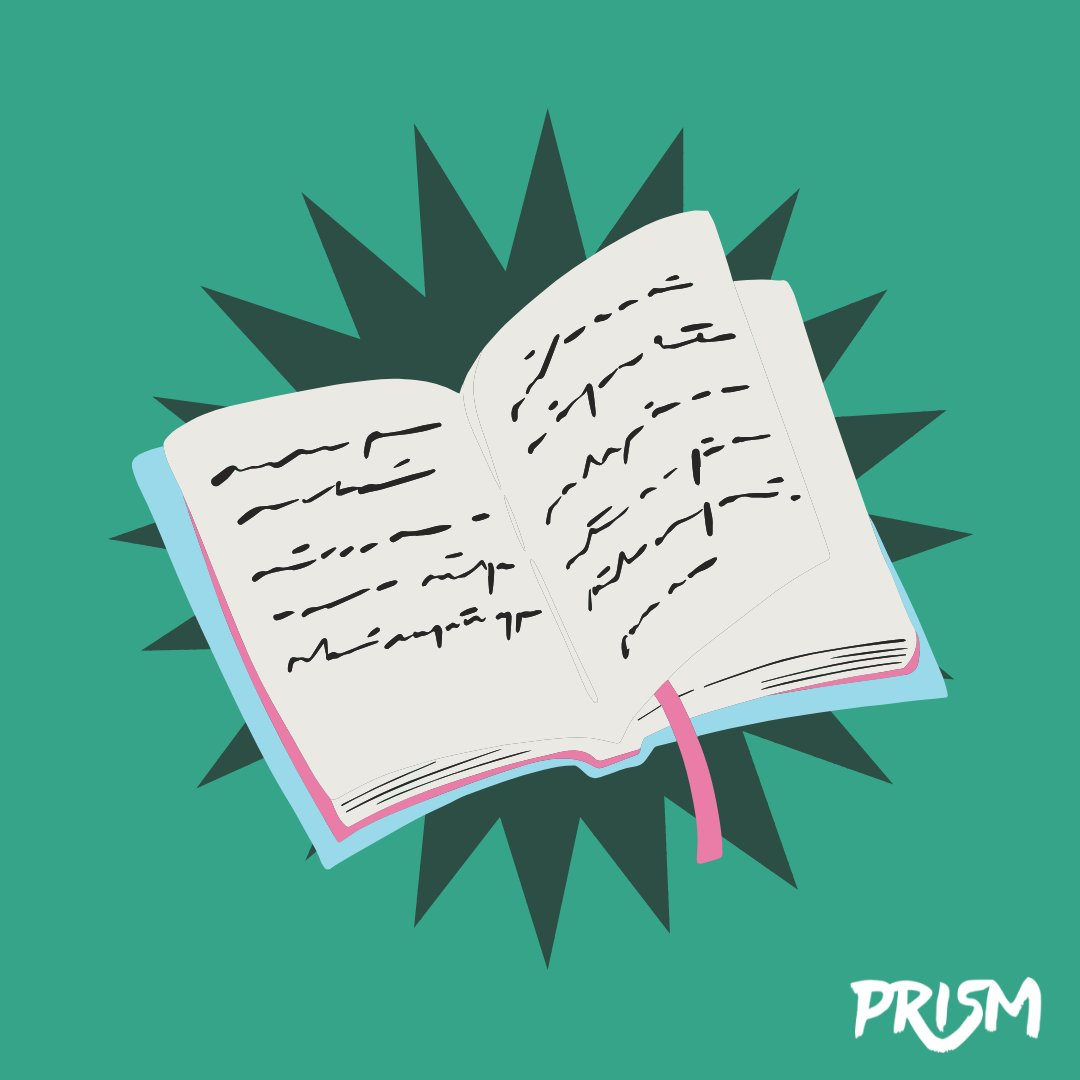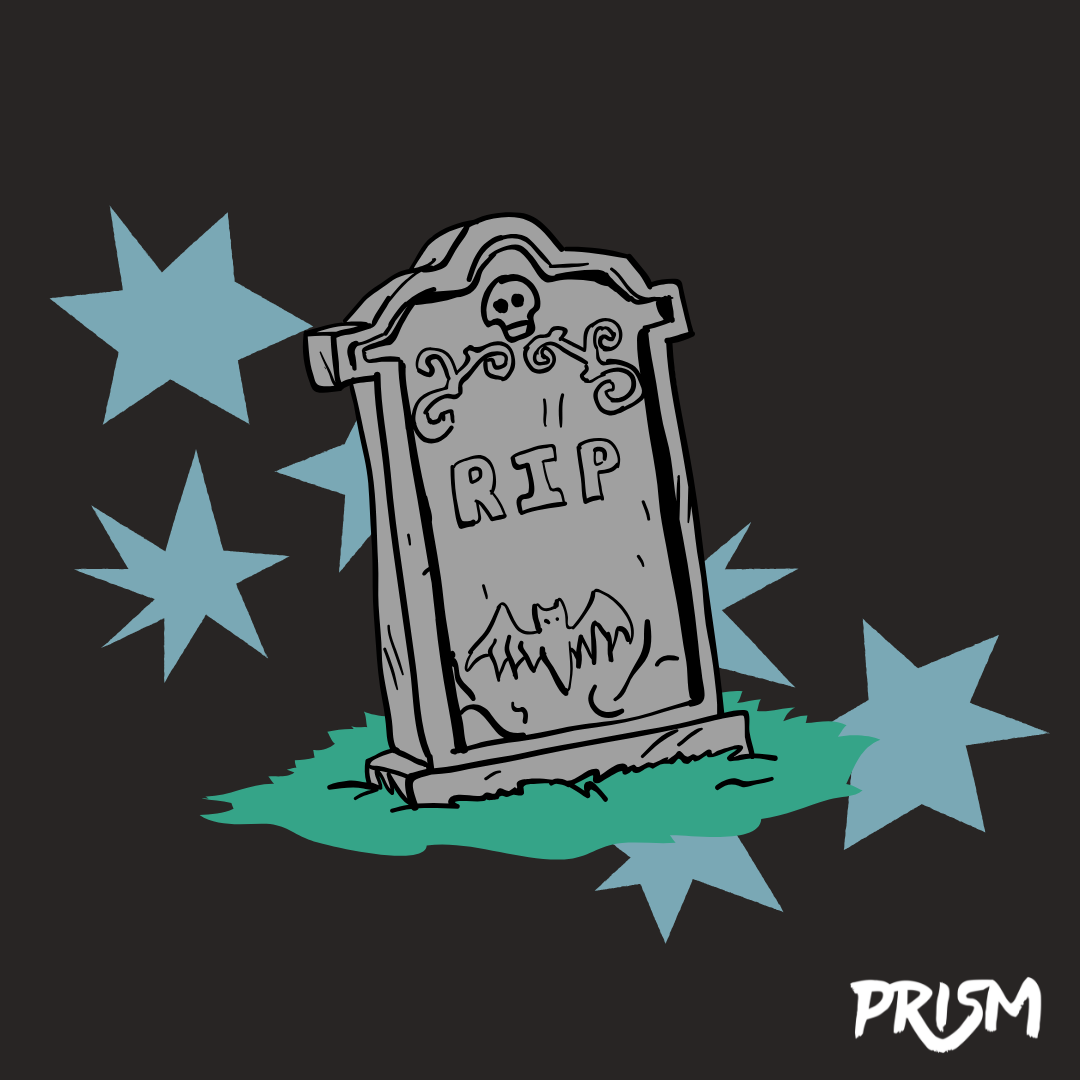
If you’re the type of person that reads blog posts from literary/art journals for fun, A) you’re fluffing awesome, and B) you’re probably familiar with the Cait Corrain review-bombing scandal that shook the literary world in December 2023. If not, you can read about it from sources as varied as the New York Times, The Root, NBC, the Los Angeles Times, Gizmodo, or the OG snake-sniffing sleuth themselves, Xiran Jay Zhao. While Corrain may be old news by now, the larger mechanisms that enabled their attack on fellow authors are still alive and well. And, spoiler alert: it’s Amazon’s fault.
Review-bombing is a persistent problem in Goodreads, and it can have disastrous consequences for authors. While Corrain worked on their own to run several fake Goodreads accounts through which they left 1-star and 2-star reviews on other author’s novels, review-bombers usually work in groups to target books with negative reviews, which lowers their overall ratings and therefore their sales. Goodreads allows users to rate books before they’re officially released, and while publishers rely on this mechanism to boost their book sales by releasing advanced reader copies of their book and gathering positive reviews before its publication date, it can be abused by review-bombers to target books that nearly no one, review-bombers included, have been able to read yet.
Review bombing campaigns often intend to silence the targeted author. As such, review bombers often have racist or otherwise unethical motivations (as was the case with Corrain, who almost exclusively targeted writers of color), but they can also ostensibly be attempting to punish or silence unethical writers. While people can and should be honest when reviewing books they take moral issues with (and one would hope that an offensive book would naturally collect negative reviews), the nature of review-bombing doesn’t leave much room for nuance. A prime example is the review-bombing of Elizabeth Gilbert’s The Snow Forest, whose release date was postponed indefinitely after a review-bombing campaign in spring 2023 – almost a year prior to her original release date in February 2024, and before she released advanced reader copies. The Snow Forest’s crime? Being set in Russia. (It was set in rural Siberia during the 1930s, to be exact.) Other authors have seen their upcoming works review-bombed over claims that the premises of the novels were offensive to marginalized groups the authors belongs to – not an impossible claim, but it’s a bit disconcerting to see people organizing to silence marginalized people’s depictions of their own groups before even reading the material they’re trying to silence. Beyond bigotry or moral callings, review bombing can also be motivated by money, with scammers orchestrating review-bombing campaigns against authors and demanding a ransom to remove the reviews or simply extorting the authors with the threat of a review-bombing campaign.
But how can Goodreads have so much power in determining a books’ success? The answer lies both in the popularity of Goodreads and in the increased inequality in the bookselling market. Goodreads is the social platform for book lovers, with a hundred million users and few competitors in the world of book reviewing, sorting, and discussing. And its power to recommend books to potential buyers is unrivaled. Goodreads is the first site that appears when I, as I write this article right now, google “good fantasy ya books,” “best historical fiction books,” “bipoc romance books,” “queer sci-fi books,” and “books based on folklore”. It is also the featured snippet that appears for “feminist horror books.” Authors consider it an essential component to building an audience, publishers widely use it to market their books, and library softwares use its ratings to help determine what books to recommend. Alongside Amazon (its owner) and the few social media accounts dominating the industry, it’s one of the main ways that readers decide what to read. And having a handful of global sites (mostly owned by the same two or three companies) determine which books find readers can have some unintended consequences.
On the one hand, deciding what books to read based on internet sites can help introduce readers to writers from different backgrounds, cultures, and nations, compared to the limited array of books one might be recommended by a more homogenous peer group. They can also help lessen the power of the handful of dominant publishing companies by giving indie and self-published authors ways to advertise to the masses directly. (Previously, authors would have had a wider array of traditional publishers to appeal to, but publishing houses have undergone increased consolidation, leaving a handful of companies representing the majority of the market.) However, this globalization and centralization of book recommendations has a key problem: it increases inequality in the book sales by heavily advertising the few same books to everyone.
The internet is a single, shared domain. If someone puts a phrase into Google, they should get roughly the same results wherever they are (unless the results are location-specific, or their country censors what websites they can access). This means that if three different people from three different continents all google “best fantasy YA books of 2023,” the first result they all will receive is this goodreads page. If they click on it, they will all be told that “Divine Rivals” by Rebecca Ross is the best ya fantasy/sci-fi book of this year, and, potentially, all three people will buy the same book – a book that’s already Amazon’s #1 best-seller in YA fantasy romance. This plays into a larger trend that’s overtaking the book industry. During the last week of 1949, New York Times’ bestselling book was Mike Waltari’s The Egyptian, which sold one million copies in its native Europe during its first five years and a few hundred thousand more in the United States during the first few years of its translation into English. Exactly 70 years later, the NYT bestselling novel was Where the Crawdads Sing, which would remain on the NYT bestsellers list for 133 weeks. By its 5th birthday, it had sold 22 million copies – an increase in sales that outpaced the increase in the global population fivefold.
While the more popular books are setting records in sales, the rest are languishing. Two thirds of all books published by large, traditional publishing houses sell fewer than 1,000 copies, and self-published books usually sell far fewer. Megasellers–the most popular of the popular books–are representing an increasing share of book sells, with 4% of books making 60% of book-sale profits, while new books make up a smaller and smaller percent of book sales each year. When we increasingly turn to the same sources to learn which books to buy, we increasingly buy the same books, leaving a small minority of authors highly successful and most unnoticed.
So what can we do about this? For starters, we can be good people and not review-bomb authors, but this doesn’t solve the underlying issues at play. (It also isn’t likely to solve the shallow issues either, since I’m not convinced that review bombers are the ones reading this article–although, if I’m wrong and any review-bombers are reading this article, please reach out to me because I think we need to have a talk.) But we can also take power away from Amazon by turning to other sources–and more varied sources–to determine which books we can buy, assuring that a single determined review-bomber can’t have too overstated of an impact on the careers of their fellow writers and everyday authors can still have a shot at having their works read. There is no one perfect non-Amazon source for finding new books, but a few options include:
- Friends and family! This is the oldest form of receiving recommendations, and while it might not always help broaden your horizons, it’s as grassroots and decentralized as you could ask for.
- Book reviews: A number of literary journals (including this one!) will publish high-quality book reviews, and while the reviews may only represent one person’s opinion, they can help introduce you to books you may have not otherwise known about
- Short story collections: Short stories published by literary journals or anthologies can give you a taste of a wide variety of authors, helping you discover new authors whose work you enjoy. (Oh, completely random fact, did you know that PRISM will be publishing our 2024 literary and art journal in just a few months? What a coincidence!)
- Book clubs: Many libraries host free book clubs for adults, which can introduce you to books favored by other members of your local community.
- Local authors: Some libraries and bookstores will have sections devoted to local authors, who can be especially rewarding to support!
- Used bookstores: Used bookstores are an easy place to discover non-megaselling books, and while buying them used may not support their authors, they can introduce you to new authors and therefore other books they’ve written.
Bigots, scammers, and random internet trolls shouldn’t be able to derail a new author’s publication, and one company shouldn’t serve as the judge, jury, and executioner of all written works. Breaking away from Amazon is hard, but the more we break away from buying the most popular books from the most popular companies, the more we can allow emerging authors to shine–and the less power we’ll be allowing the next review-bomber to hold.
If you’d like to check out some of the books Corrain targeted, you can find them at:
The Poison we Drink by Bethany Baptiste: https://www.bethanybaptiste.com/poisons-we-drink
So Let Them Burn by Kamilah Cole: https://www.kamilah-cole.com/soletthemburn2
To Gaze Upon Wicked Gods by Molly X. Chang: https://www.mollyxchang.com/to-gaze-upon-wicked-gods
The Gods of Hunger series by R.M. Virtues: https://www.rmvirtues.com/dragmeup
Voyage of the Damned by Frances White: https://www.frances-writes.com/voyage-of-the-damned
Mistress of Lies by K.M. Enright: https://kmenright.com/books
The Hurricane Wars by Thea Guanzon: https://www.theaguanzon.com/home/thw1
The Empire Wars by Akana Phenix: https://linktr.ee/akanaphenix














Alina Kroll • Mar 15, 2024 at 10:51 am
This was really interesting to read! I hadn’t heard of Cait Corrain’s review scandal before, and this article brings up some good points about why we place so much trust in sites like Goodreads. I enjoy using Goodreads to track how many books I read and see what my friends are reading, but it makes sense to consider getting book recommendations from a variety of sources.